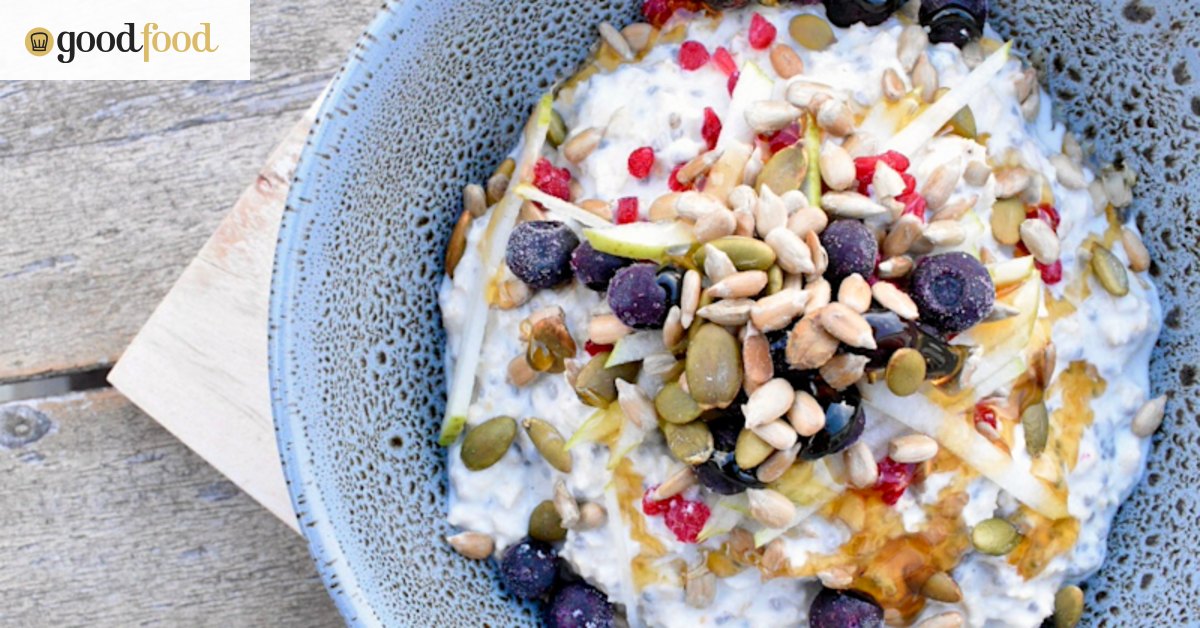
Every autumn in the mid-2000s, while residing in China, I was invited by my friend Scarlett Li to Shanghai for a unique culinary experience: eating hairy crab. These crabs, named for the spiky fur on their legs and claws, are considered to have the best flavor during the ninth month of the lunar calendar. Steamed and served whole with a dip of rice vinegar spiked with ginger, the most prized specimens come from Yangcheng Lake near Suzhou, close to Scarlett’s hometown of Wuxi. Despite her years abroad, Scarlett remained deeply connected to her Chinese roots, and eating hairy crab with her made me feel a part of that tradition.
The tradition of consuming hairy crabs dates back to the Tang dynasty in the seventh century when crabs were harvested from the Yangtze delta and sent as tribute to the imperial court. By the twelfth century, Hangzhou boasted specialized crab markets and restaurants. The 17th-century playwright Li Yu famously wrote,
“I have lusted after crabs all my life… Dear crab, dear crab, you and I, are we to be lifelong companions?”
The Culinary Journey of Fuchsia Dunlop
In her book, Invitation to a Banquet: The Story of Chinese Food, Fuchsia Dunlop explores the rich tapestry of Chinese cuisine through 30 dishes, including the revered hairy crab. Dunlop, a British national, delves into the ingenuity and diversity of Chinese cuisine, which she believes has not received its due recognition in the global fine dining arena. She notes,
“Only the Chinese have placed [cooking] at the very core of their identity.”
For ancient Chinese, cooking was a marker of civilization, distinguishing them from their ‘savage ancestors’ and the ‘barbarians’ at their borders.
Dunlop’s exploration reveals a gastronomy unparalleled in diversity, sophistication, and subtlety. She highlights how many modern eating concepts have been integral to Chinese culture for centuries. The emphasis on fresh, seasonal produce and the pursuit of benwei, or ‘root flavors’, has been a cornerstone of Chinese culinary philosophy since ancient times.
Historical Context and Culinary Evolution
The evolution of Chinese cuisine is deeply intertwined with its history. During the Song dynasty (960-1279), China experienced an economic boom that led to the emergence of a complex gastronomic culture. New farming techniques and the introduction of foreign crops like rice from Vietnam transformed agriculture, leading to population growth and the establishment of sophisticated trade networks for food distribution.
Marco Polo, during his visit to Hangzhou in the late 13th century, was struck by the city’s culinary diversity, noting the locals’ penchant for ‘dainty living’. The fusion of regional cooking styles during this period laid the foundation for a national cuisine, although not all welcomed this change. One scholar lamented,
“Food and drink have become all confused, with no longer any distinction between southern and northern.”
Dunlop’s Impact on Chinese Culinary Perception
Fuchsia Dunlop has not only educated Western audiences about Chinese cuisine but has also gained a following in China. Her memoir, Shark’s Fin and Sichuan Pepper, sold approximately 200,000 copies in China, and her recent book, Invitation to a Banquet, has sold 50,000 copies since its publication. Among Chinese food enthusiasts, Dunlop is celebrated for her profound understanding of the country’s culinary history, and she is affectionately known by her Chinese name, “Fu Xia”.
Her work has been pivotal in challenging Western stereotypes of Chinese food as ‘cheap’ or ‘junky’. Dunlop emphasizes the Chinese emphasis on the link between food and health, and the country’s historical openness to foreign ingredients, which has enriched its culinary repertoire. She writes extensively about the diverse array of foods in China, from the ‘vast clan of cabbages’ to the ‘punchy alliums’.
The Future of Chinese Culinary Traditions
As China continues to modernize, traditional culinary practices face the threat of being overshadowed by Western fast food and processed foods. The shift in dietary habits has led to an increase in health issues, mirroring trends in the developed world. Dunlop’s work serves as a reminder of the rich culinary heritage that risks being lost amid rapid industrialization and globalization.
Dunlop’s journey through China’s culinary landscape is not just about preserving recipes but about understanding the cultural and historical significance of food. Her work urges both Western and Chinese audiences to appreciate the depth and complexity of Chinese cuisine and to recognize the value of sustainable and healthy eating practices that have been part of Chinese culture for millennia.
In a world where culinary traditions are increasingly at risk of being homogenized, Fuchsia Dunlop stands as a bridge between cultures, advocating for the preservation and appreciation of one of the world’s most sophisticated and diverse gastronomic traditions.







